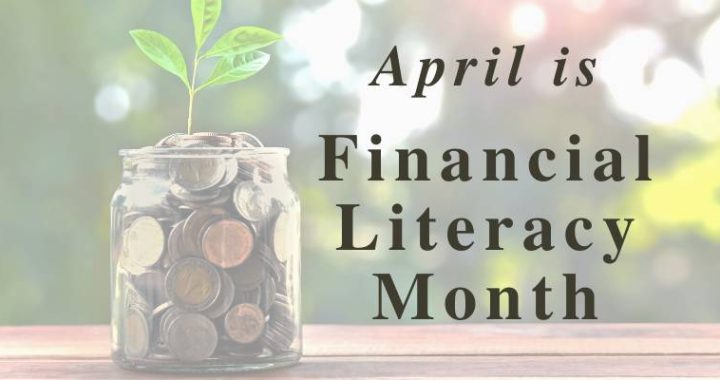By: Tracy Keesey, CISR
In a world where young adults face rising debt, complex student loans, and an ever-shifting economy, basic financial literacy is no longer optional – it’s essential. April, recognized as Financial Literacy Awareness Month, is the perfect time to celebrate Pennsylvania’s progress in this critical area.
In December 2023, Pennsylvania became the 25th state to require a standalone personal finance course for high school graduation. Beginning with the class of 2028, all public high school students will complete this course as part of their core education.
This development represents the culmination of years of advocacy from many committed professionals, including those of us affiliated with the National Association of Insurance and Financial Advisors (NAIFA) – a group I’ve been to represent for nearly a decade. I first served as local chapter president for Chester-Montgomery-Berks in 2018 and later as State President of NAIFA-PA in 2023.
NAIFA exists to support financial professionals in their mission to protect Main Street Americans. Part of that work includes advocating for legislation that ensures individuals and families are equipped to make informed decisions that safeguard their financial well-being. Each year, NAIFA members—including myself—travel to both our State Capitol and our Nation’s Capitol to meet with legislators. We discuss key issues that affect our clients and communities, with the goal of influencing policy that benefits everyday Americans. Among the many important topics we raise, I was most passionate about financial literacy education.
As both a financial professional and a parent of three, I’ve seen the gap in financial education play out in real life. My middle son, now a sophomore studying computer science at Temple University, still says the financial literacy class he voluntarily took in high school was the most practical course he encountered. At the time, access to financial literacy education varied by district—it was only offered in some schools, and even then, enrollment was voluntary. In contrast, his freshman college roommate struggled with basic financial tasks that could have been easily managed with just a semester of foundational education.
Now, my youngest son—a current high school freshman—will be part of the first class in Pennsylvania to benefit from this new requirement. Knowing that he and his peers will enter adulthood with greater confidence and knowledge brings me a sense of peace and pride.
Why This Matters
The newly required personal finance course is designed to be more than a quick overview. It will cover essential, real-world topics that young adults face immediately after graduation, including:
- Creating and managing a budget
- Building savings and emergency funds
- Understanding student loans and borrowing responsibly
- Using credit wisely and avoiding debt traps
- Planning for long-term goals like homeownership and retirement
- Basic investing principles
- Navigating insurance and risk
- Making smart, informed financial decisions in daily life
These aren’t abstract lessons. They are the practical tools that help young adults build stability, independence, and resilience in today’s economic environment. I’m proud to have played a role in moving this legislation forward. But more than that, I’m grateful to everyone—legislators, fellow advocates, educators, and parents—who recognized the long-term value of this effort.
Financial literacy isn’t just about dollars and cents. It’s about ensuring that the next generation has the knowledge and confidence to make sound decisions that shape their future. And now, in Pennsylvania, that foundation will be part of every student’s path forward.
Tracy Keesey is the owner of HTA Insurance Services. Learn more about this local business here.
